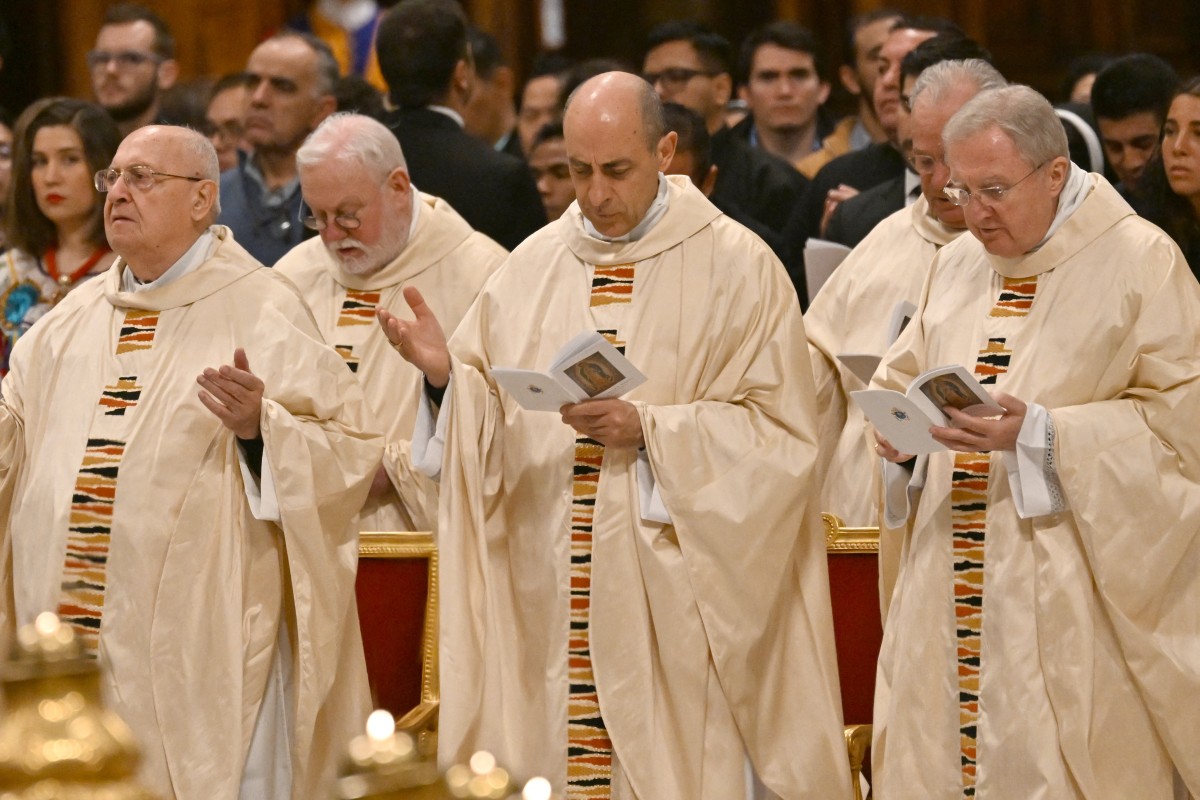The move toward so-called inclusive language finds its origins in the feminist movement where activists considered sexist the generic masculine form of words, which has perennially been understood to include both men and women.
In the past, for example, no one thought of challenging “for the good of mankind” as excluding women. However, the feminist movement drew heightened sensitivity to what activists considered the “patriarchal” nature of language.
Various publications started to use terms or forms of words that made it clear that a job could be performed by both men and women. Hence “fireman” became “firefighter” and “mankind” became “humankind,” etc.
While some of these changes are not that dramatic or noticeable in English, introducing inclusive wording in languages such as Spanish, where nouns are either grammatically masculine or feminine, becomes quite obvious due to the novel alteration of noun endings.
Gender-neutral language has similarly become an issue in Germany, as German nouns are also either masculine or feminine.
Inclusive language has also been identified as “one of the tools” of gender ideology, a school of thought that has been repeatedly criticized by the Catholic Church.
Pope Francis has warned about this school of thought on several occasions. As recently as March 1, for example, the Holy Father pointed out that gender ideology “erases differences and makes everything the same; erasing differences is erasing humanity.”
What does inclusive language mean?
The Royal Spanish Academy, considered the definitive authority on what is correct Spanish, describes inclusive language as “a set of strategies that aim to avoid the generic use of the grammatical masculine.”
In addressing the issue, the academy has stated that the generic masculine is “firmly established in the language and does not imply any sexist discrimination” and that the recently invented artificial gender-neutral noun endings “that are supposedly gender inclusive are … unnecessary since the grammatical masculine already fulfills this function.”
In a May 2022 article in the Argentine newspaper La Nación, Alicia María Zorrilla, president of the Argentine Academy of Letters, said that inclusive language is based on the error of taking literally the concept that, in language, the masculine [form of a word] always refers to the men only.”
Pushback
In a YouTube interview with Edgardo Litvinoff, Nobel Prize winner in literature Mario Vargas Llosa said that within feminism “there are some excesses” that he believes are “very important to combat,” for example, in the field of language.
“We cannot force language by completely denaturalizing it for ideological reasons; it doesn’t work that way, languages do not work that way, and so the so-called inclusive language is a kind of aberration within language,” he noted.
Cardinal Fernández weighs in
In 2022, while still archbishop of La Plata, Argentina, the current prefect of the Dicastery for the Doctrine of the Faith, Cardinal Víctor Manuel Fernández, warned about the “ideological imposition” that “inclusive language” can trigger.
In June of that year, Fernández wrote in a column in the Argentine newspaper La Nación: “Fundamentally, the intention does not seem to be to ‘incorporate everyone’ but to make the very conception of ‘male-female’ disappear. The aim is that what was called ‘sex’ leaves room for a personal construction that ‘fabricates’ the identity that each person comes up with.”
“Destroying the language and expecting everyone to submit to a certain ideology can only be counterproductive and, due to the law of the pendulum, will cause more intolerance and tension,” he warned.
Growing backlash
In 2021, the French Ministry of Education prohibited the use of inclusive language in educational institutions because, according to the Daily Mail, such alterations “are a threat to the language.” The Académie Française, a nearly 400-year-old institution similar to its Spanish counterpart, said inclusive language is “harmful to the practice and understanding” of French.
Uruguay’s National Administration of Public Education, for its part, established restrictions in 2022, determining that “language that conforms to the rules of the Spanish language” must always be used.
The City of Buenos Aires, Argentina, banned inclusive language in 2022, arguing that this variation of the language creates difficulties for students in learning grammatical rules.
Most recently, Argentina’s government, led by recently elected President Javier Milei, extended the ban to all areas of national public administration. The spokesman for the office of the president, Manuel Adorni, announced on Feb. 27 that artificial alterations of word endings to make them gender-neutral are now prohibited.







